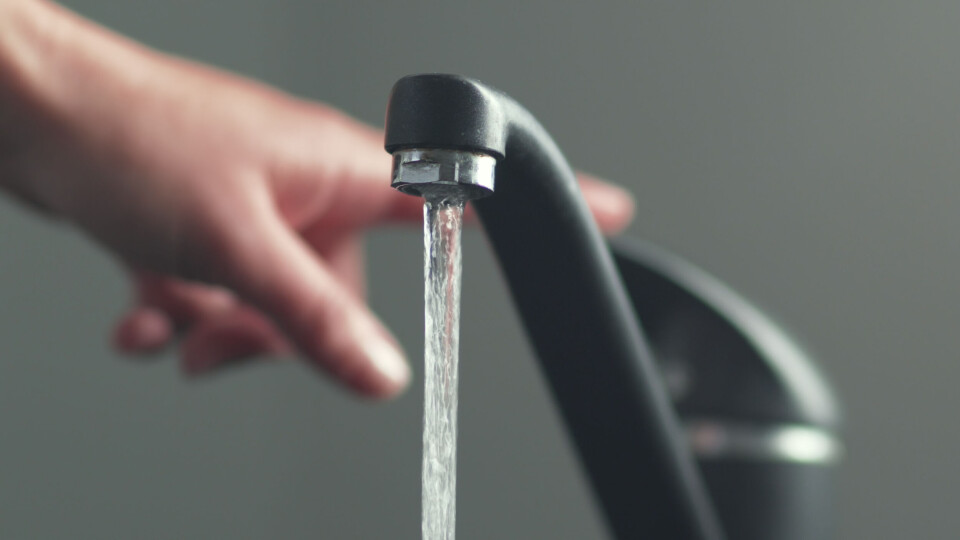-
French nature festival is a paradise for bird watchers
The spring event runs from April 12-20, showcasing the rich flora and fauna of the Baie de Somme
-
D-Day silhouettes overlooking the British Normandy Memorial return for a second year
‘I don’t think anyone could walk through without getting a real sense of respect for the soldiers who died here’
-
Local election rule changes in France and why you may have a new mayor in 2026
Communes with fewer than 1,000 residents are particularly set to see changes from next year
99% of Brittany waterways found to have traces of pesticide
One sample contained 83 traces of different pesticides and residue. Drinking water is still deemed safe but its quality for some is far from ideal

More than 99% of waterways in Brittany are found to have traces of at least one pesticide due to farming activity.
Residue from pesticides used by farmers has seeped into water table levels, reservoirs, and lakes, found a report by l’Observatoire de l’environnement en Bretagne (OEB), called Chiffres clés de l’eau en Bretagne. The data is from 2022.
Nearly all of the water samples taken from 220 water stations across the region showed traces of a herbicide or metabolite (a by-product of pesticide breakdown).
Aurélie Mestres, deputy director of DREAL Bretagne (Direction Régionale de l'Environnement, de l'Aménagement et du Logement de Bretagne) and president of the OEB, said: “We even had a water stream in which we detected 83 different pesticides.”
The OEB published the report at the request of the government after years of ‘mismanagement’ of Brittany water, it said.
The most frequent substances found include the controversial product glyphosate, which is the most-used herbicide in Brittany. This was determined in 35% of stations sampled. Metabolite, a by-product of glyphosate, was found in 65% of samples.
Nitrate content is down but it is still at high levels. But the presence at all is a concern, because it causes green algae growth which is a problem in some areas of the region.
However, nitrate content dropped by 17% between 1995 and 2020 in the region’s rivers and by 27% in underground water levels.
Ms Mestres at the OEB said: “This is the [positive] result of work by everyone in the profession. The problem is that levels are stagnating at around 32mg per litre, which is still high.”
Continued high levels of these pesticides and nitrates in the region's waters can damage the environment, via a process called ‘eutrophication’.
Eutrophication is the process through which water becomes enriched with nutrient pollution, which causes excess plant and algae growth. Left unchecked, this eventually blocks light, disrupts and kills aquatic life, and damages biodiversity in so-called ‘dead zones’.
As a result of the phenomenon, only 32% of rivers in the region are considered to be in ‘good ecological condition’. However, there is significant variation between areas. For example, 61% of rivers in Finistère are in ‘good condition’ but only 2% in Ille-et-Vilaine.
This low figure can be partly explained by low rainfall, waterway channels, and increased agriculture south of Rennes.
Drinking water still safe to consume
Authorities are keen to point out that while levels are above the ideal, the safety of water has never been in question in the region and consuming tap water is safe.
However, the quality of the water is less-than-optimal.
The OEB said: "40% of the Brittany population received water that did not comply with the quality threshold for pesticides.” That represents over 1.34 million people.
Eau et Rivières de Bretagne, an environmental association in Brittany says it has been warning the authorities for over two years about the ongrowing issue.
Related articles
12 million people in France have drunk pesticide-contaminated water
Use of pesticides has ‘exploded’ in France in past decade
French rural residents ‘must be protected from pesticides’
























